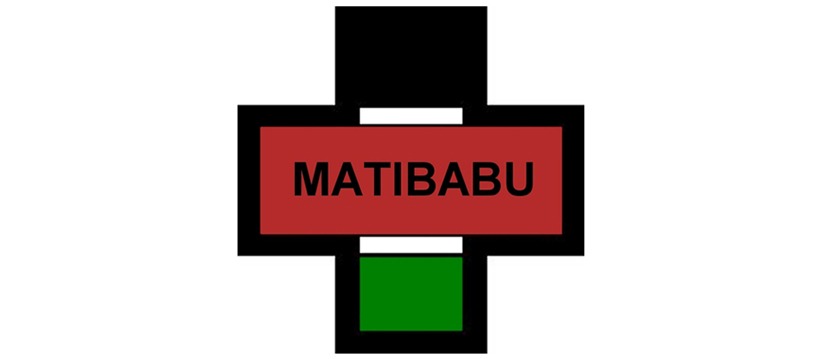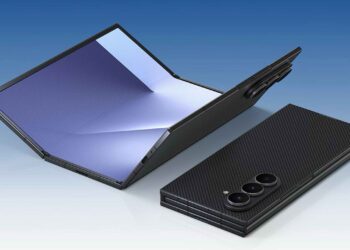Can we diagnose whether or not you have malaria without first taking a needle and drawing blood? Well if you are in Uganda or in Kenya, the answer to this question might be yes. A local entrepreneur has invented an app called Matibabu which is able to use light technology to identify whether or not you have malaria. How does this work, and could it be the future of medical technology all over the continent of Africa?
Brian Gitta came up with this app not because he saw an opportunity to make wealth or realized a need in his immediate environment, he was simply afraid of needles. Upon being admitted to the hospital again in 2012 on account of malaria, he entertained the idea of a far less painful way of detecting malaria. From out of his imaginations was birthed Matibabu.
The app works with a portable finger “matiscope” which emits light and uses magnetism to analyze red blood cells for malaria infection. The results are displayed in about two (2) minutes with a current accuracy of about 80%. The application can run on both windows and android operating systems.
Though the invention originally came out in 2003, it has recently been catching more attention as it is promoted through competitions such as the Hardware Battlefield at CES. Being such a novel idea, Matibabu has attracted some attention including national and international funding USAID resources like the Higher Education Solutions Network, The Resilient Africa Network, the Microsoft DreamSpark program and MU teaching hospital. Matibabu also won the Microsoft Inaugural Women’s Empowerment Award – Imagine cup in 2013.
The future looks promising for the team of seven (7) who are busily working on improving the accuracy of the app to about 90 or 95% and to gain the trust of the larger community. They hope to get the finger matiscope and the app to the public for easier and faster diagnosis of malaria.
Could this innovative medical application be the future of malaria detection all over Africa? Would you be willing to use the app in your home to make malaria detection easier? Let us know what you think.










